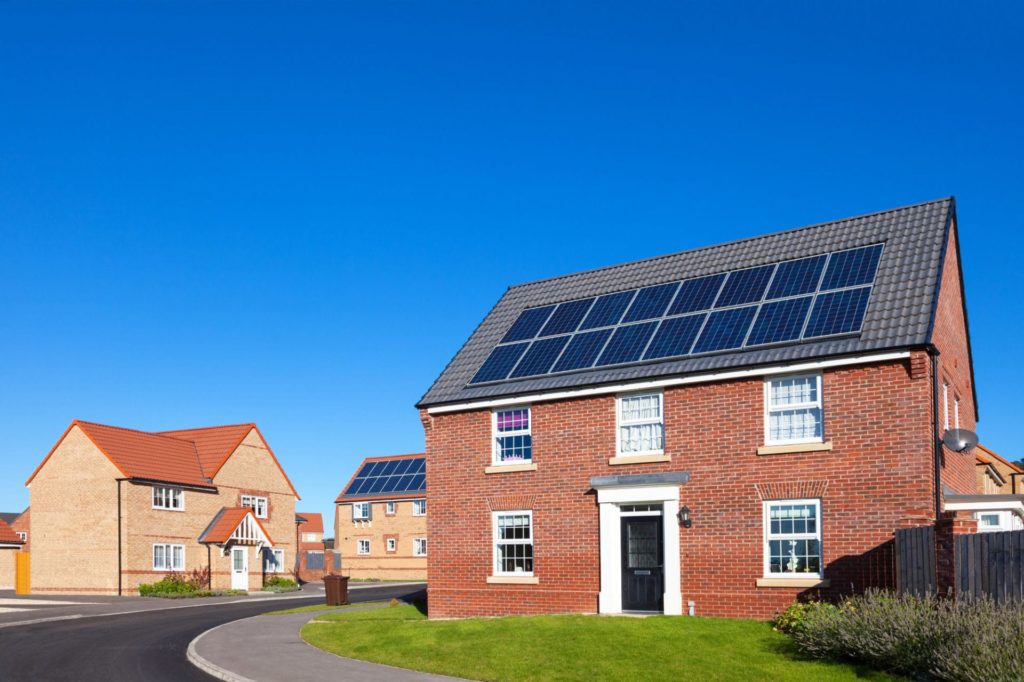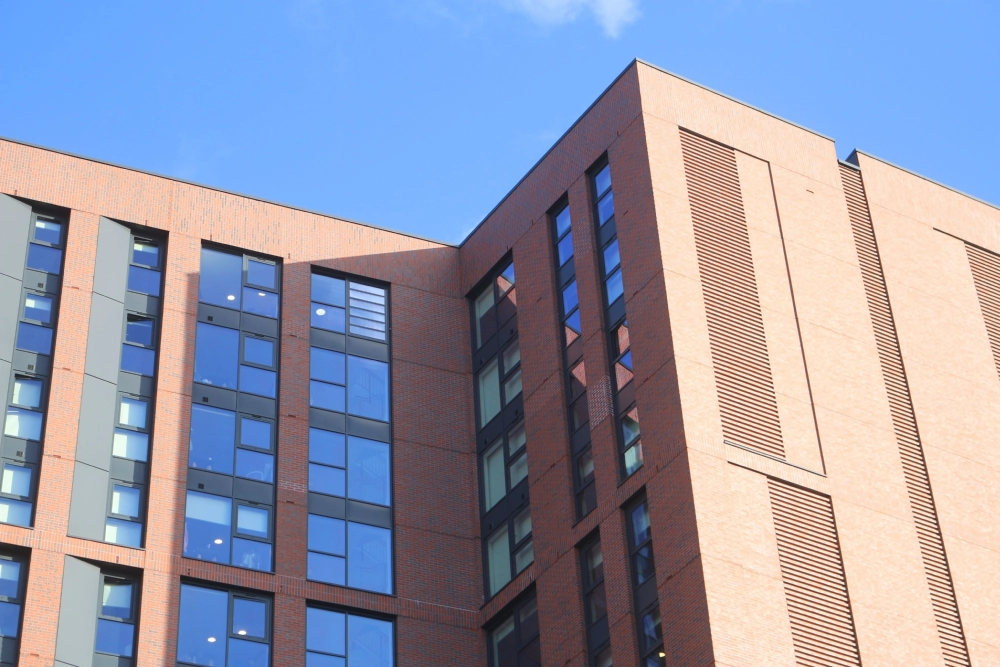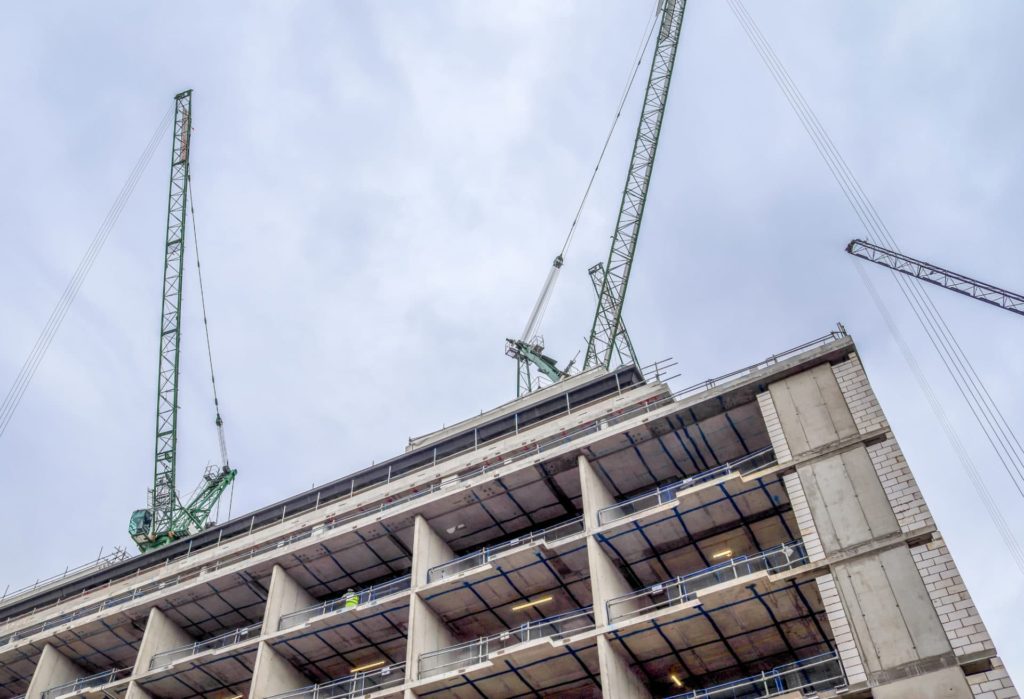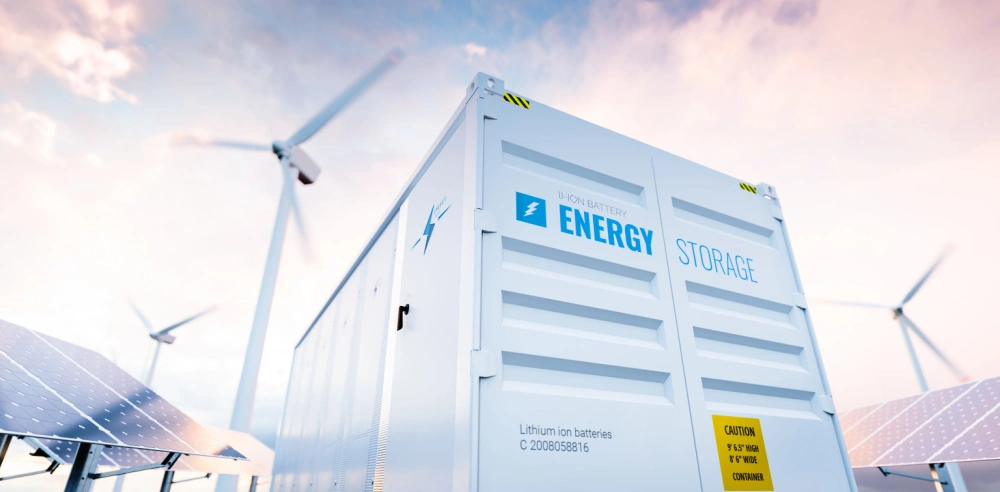
Home Retrofit Grants: Supporting Households' Journey to Energy Efficiency

By Brian Hitchcock, Clara Pike-Siew
18 Oct 2022 | 1 minute read
Over the next few years, the Government will award up to £1.5 billion in grant funding to enable energy-efficient retrofits within low-income households. This funding will be distributed through grants to Local Authorities and other organisations in the housing sector under two schemes:
- Wave 2.1 of the Social Housing Decarbonisation Fund (up to £800m available).
- Phase 2 of the Home Upgrade Grant (up to £700m available).
Which organisations are eligible to apply?
Local Authorities, Housing Associations, Registered Providers (including arms-length management organisations) and registered charities that own social housing can apply to for Wave 2.1 of the SHDF, Local Authorities can apply for Phase 2 of the HUG scheme.
What is the minimum individual grant available?
Grants under the Social Housing Decarbonisation Fund (Wave 2.1) must involve retrofits to at least 100 social homes at EPC bands D-G. Each proposal submitted to the Home Upgrade Grant (Phase 2) scheme must be attached to a retrofit project with a minimum value of £500,000.
What are the key dates associated with each scheme?
The application submission window will close on 18 November 2022. Successful projects will be notified by early March 2023. More information can be found here.
Applicants are initially asked to submit outline applications and the window for this is now open. The Department for Business, Energy and Industrial Strategy will assess outline applications in two waves. The outline application deadline for applicants that wish to be considered in the first wave is 18 November 2022. Grant funding will be disseminated in batches subject to satisfactory project delivery. More information can be found here.
All grant funding under both schemes must be transferred to recipients by 31 March 2025.
Insulation and heat loss prevention measures such as wall/loft/underfloor insulations are most prioritised by both schemes. Low-carbon heating solutions including low temperature heat pumps and low-carbon heat network connections are also encouraged. Solar installations which follow insulating measures are also allowed.
Repairs to existing fossil-fuel based heating systems and any installations of heating systems solely powered by fossil fuels cannot be funded under both schemes. Hybrid heating systems cannot be funded under the Home Upgrades Grant (Phase 2) scheme.
What are the key dates associated with each scheme?
The application submission window will close on 18 November 2022. Successful projects will be notified by early March 2023. More information can be found here.
Applicants are initially asked to submit outline applications and the window for this is now open. The Department for Business, Energy and Industrial Strategy will assess outline applications in two waves. The outline application deadline for applicants that wish to be considered in the first wave is 18 November 2022. Grant funding will be disseminated in batches subject to satisfactory project delivery. More information can be found here.
All grant funding under both schemes must be transferred to recipients by 31 March 2025.
Insulation and heat loss prevention measures such as wall/loft/underfloor insulations are most prioritised by both schemes. Low-carbon heating solutions including low temperature heat pumps and low-carbon heat network connections are also encouraged. Solar installations which follow insulating measures are also allowed.
Repairs to existing fossil-fuel based heating systems and any installations of heating systems solely powered by fossil fuels cannot be funded under both schemes. Hybrid heating systems cannot be funded under the Home Upgrades Grant (Phase 2) scheme.
Foot Anstey has first-hand experience of the significant opportunity each scheme brings to eligible organisations. We have recently helped local authorities deploy funding received under the Phase 1 Home Upgrade Grant (Sustainable Warmth) and the Green Homes Grant Local Authority Delivery schemes, not only advising on the procurement of contractors under frameworks, but also advising on participation documentation with homeowners to enable them to make informed decisions on how to upgrade their properties.
We are pleased to have supported varying requirements across several areas of retrofit schemes such as data protection, security for homeowners and how to enable large scale delivery. We are also proud to have supported in the delivery of what will accumulate to multi-million-pound household retrofits across a UK region, which has the benefit of both sustainability for the planet and affordability for homeowners. The team's breadth of experience in complex commercial arrangements, energy efficiency & renewable projects and contractor arrangements under previous funding schemes will be of particular benefit to eligible organisations considering retrofitting projects under one or both new schemes.














